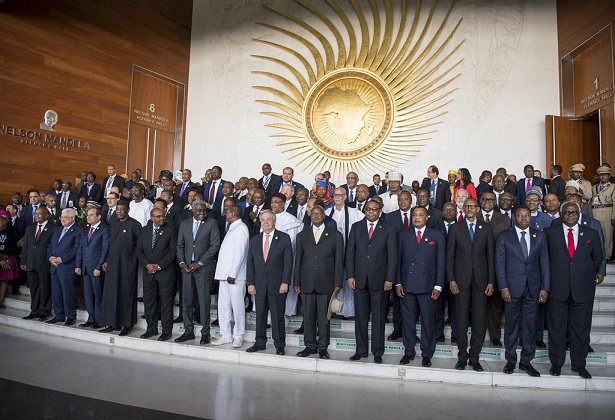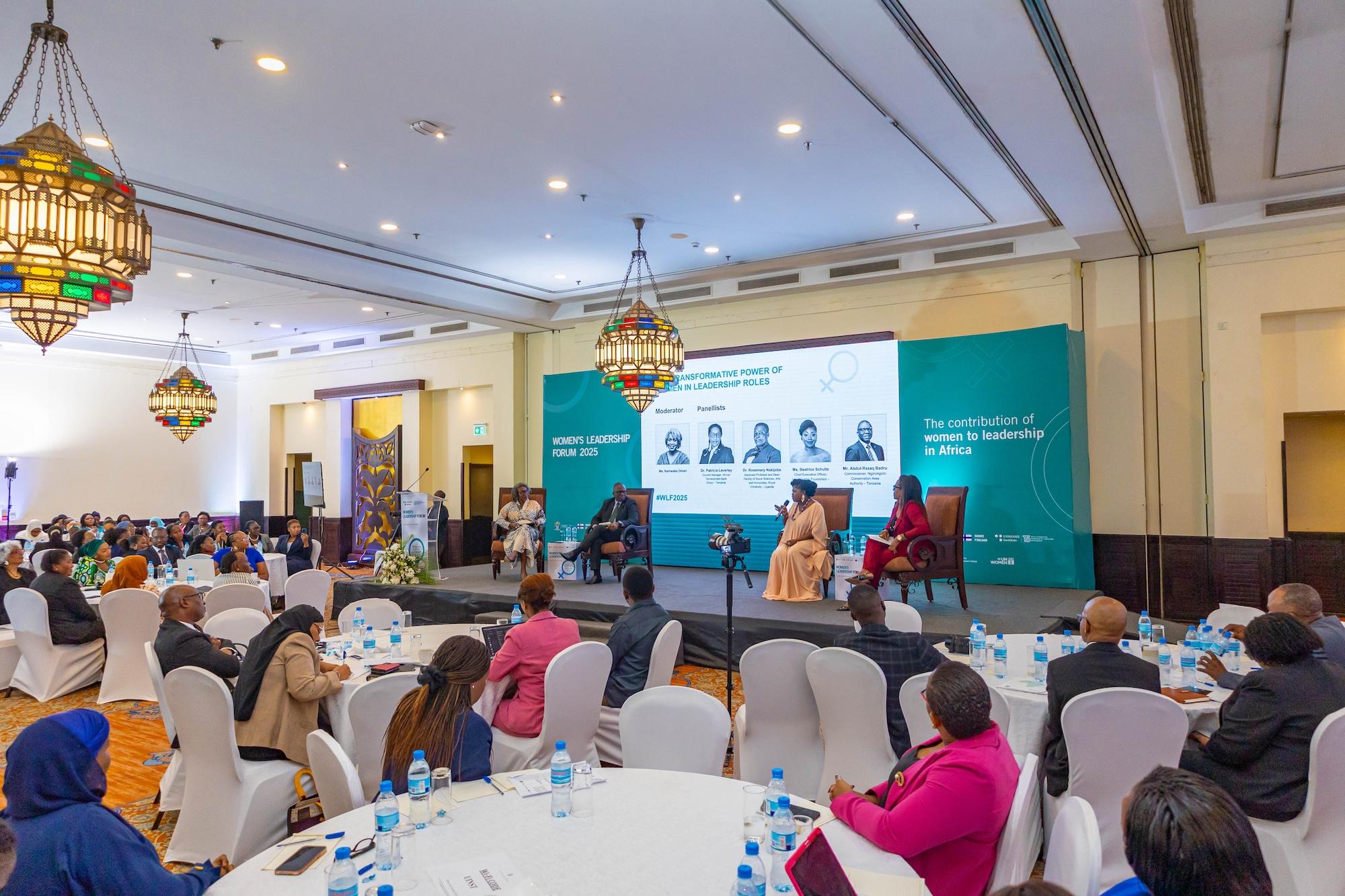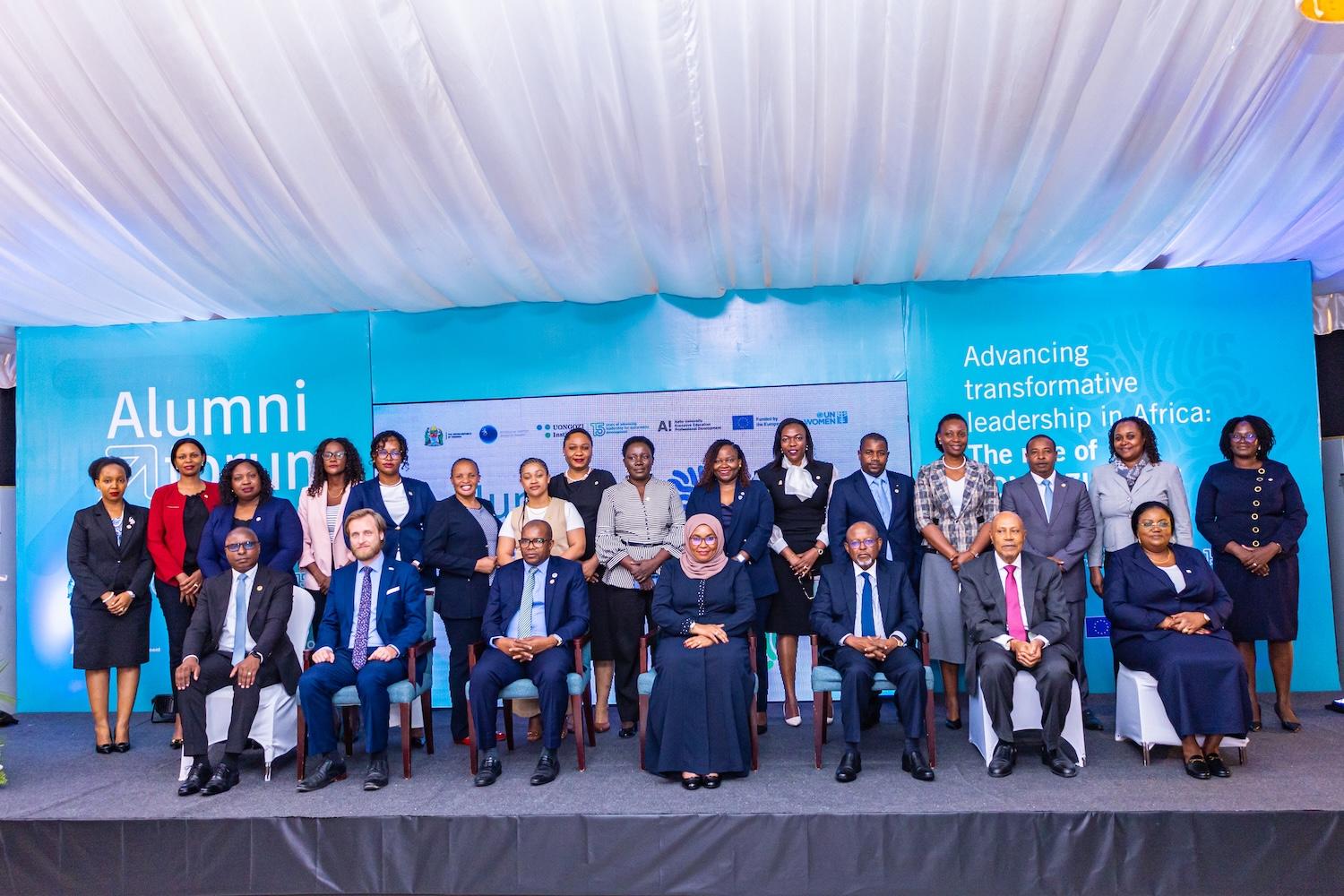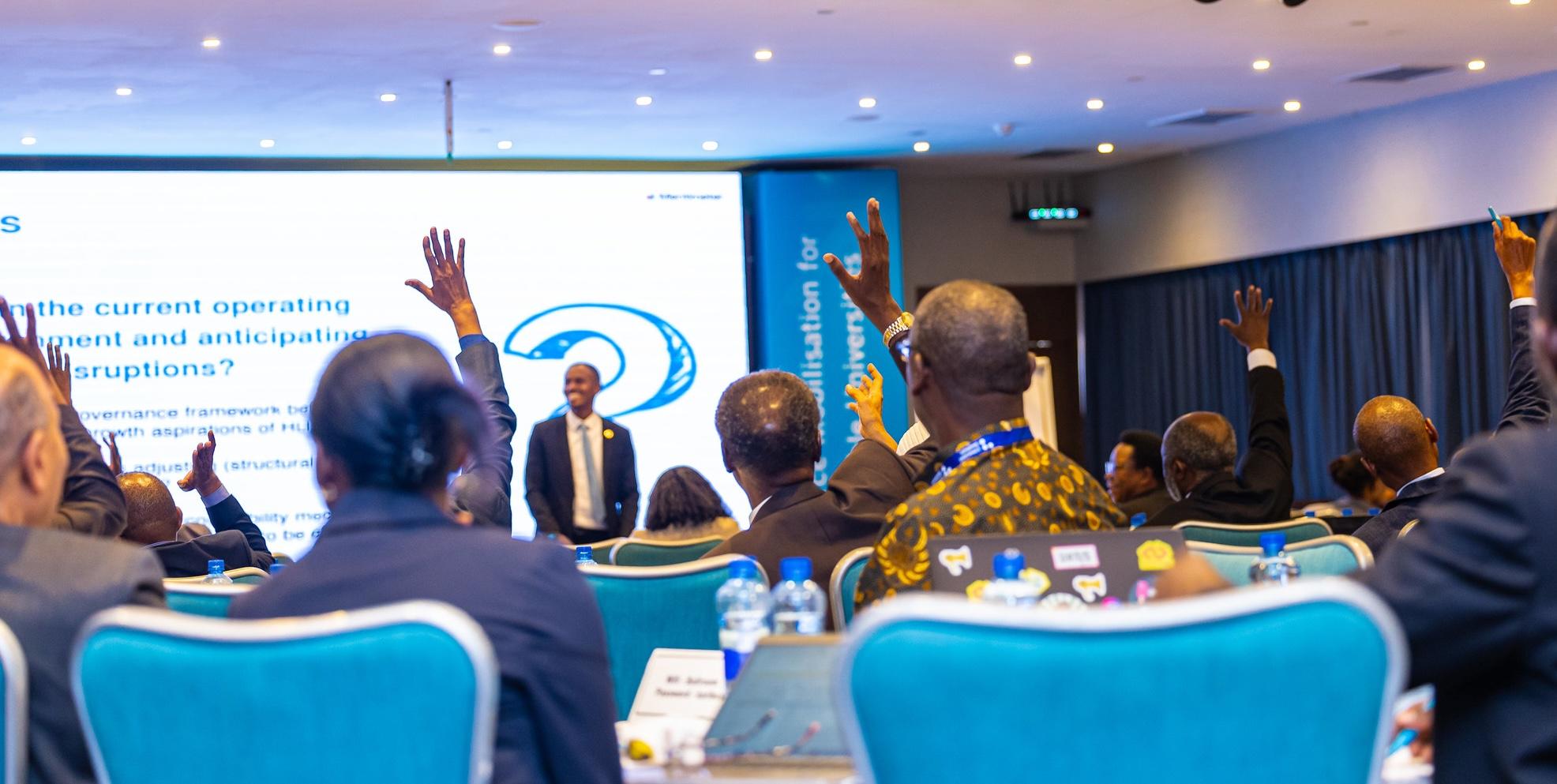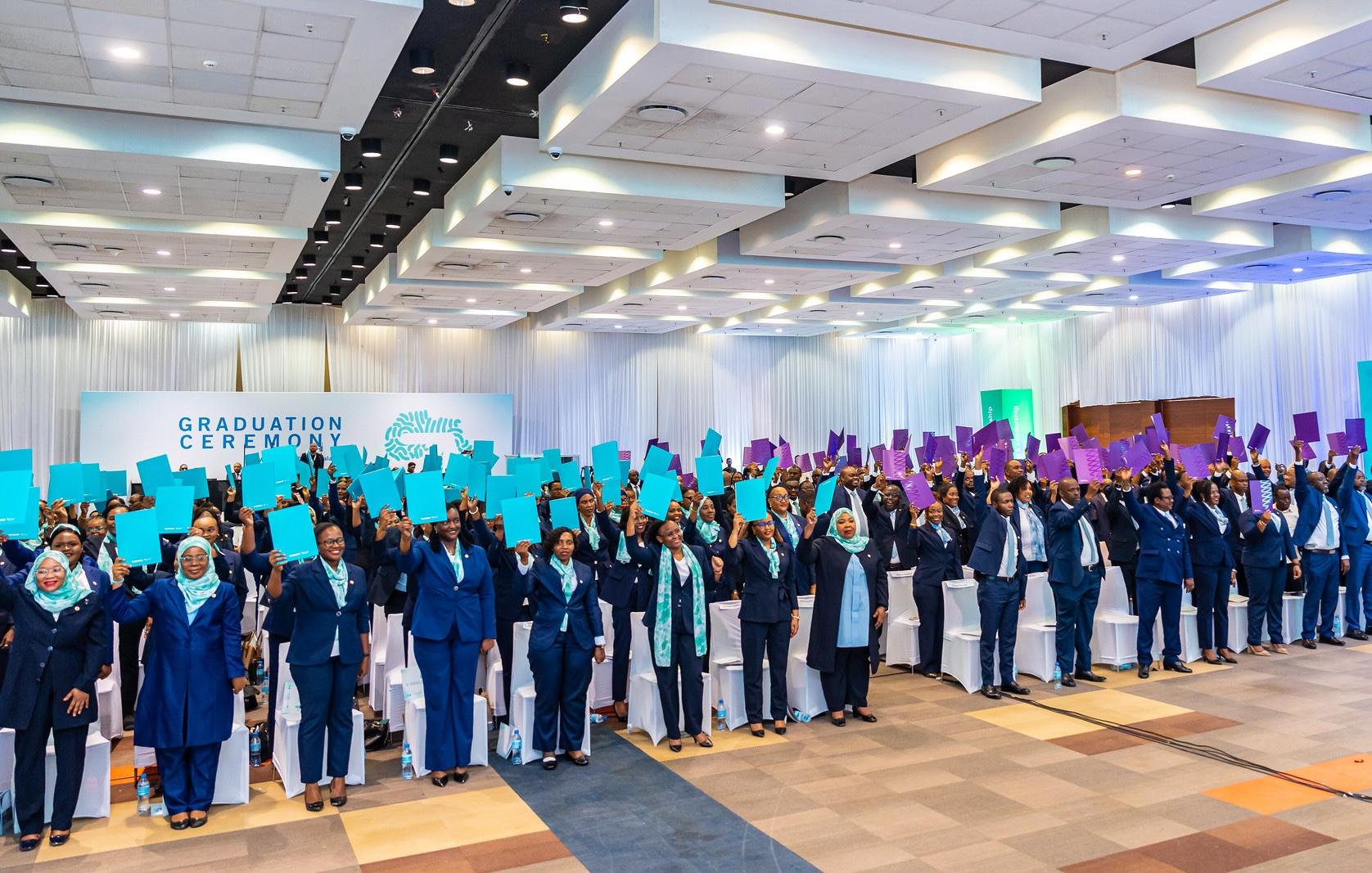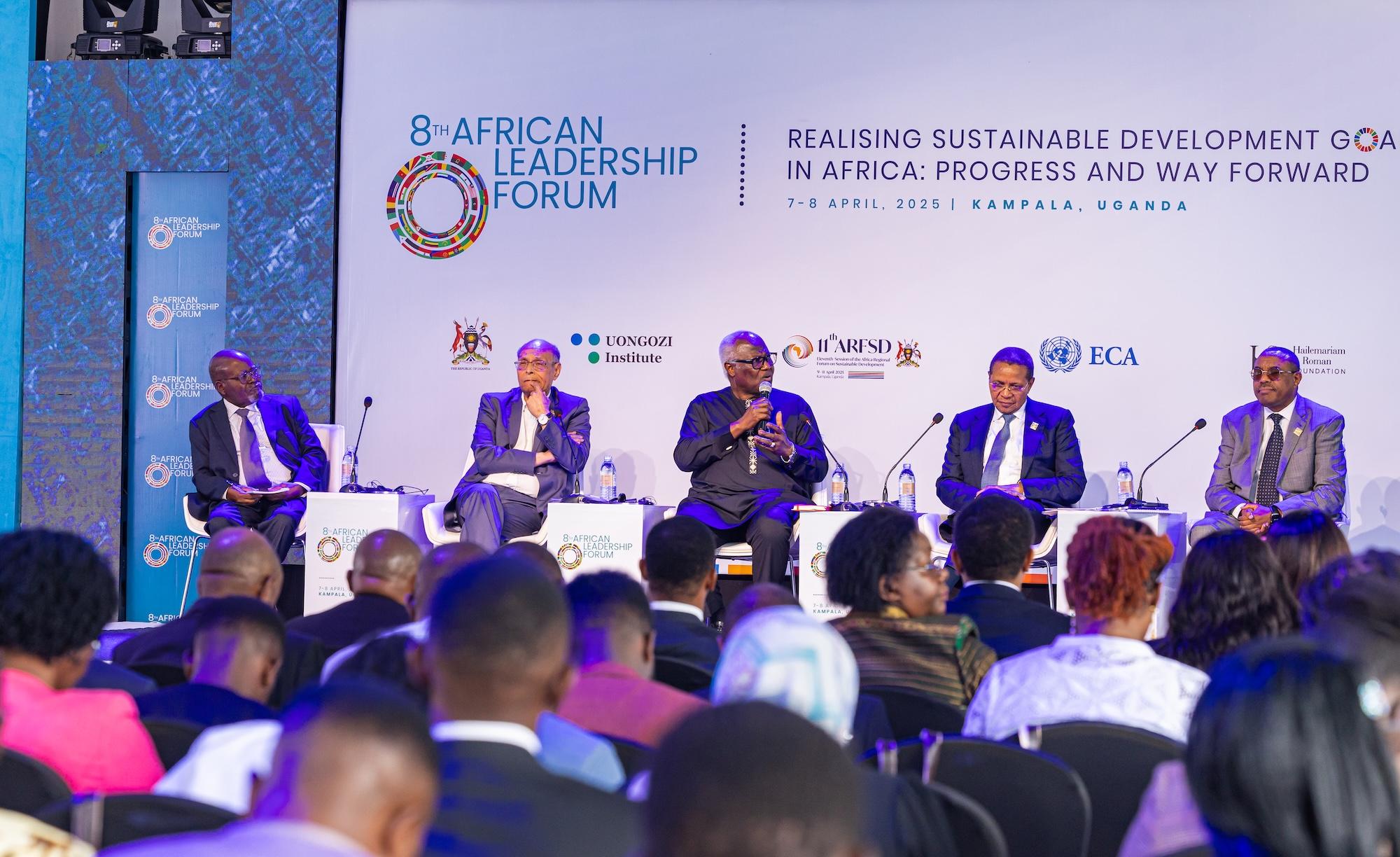By Gwamaka Kifukwe
It is a commonly-repeated maxim, that ‘African has good plans, policies, and frameworks, but what is lacking is implementation’. Invariably, this is treated as evidence that there is a lack of ‘commitment, of ‘political will’, and of ‘leadership’. ‘Gone are the days’, the argument goes, when African leaders mobilised the continent, as a continent, towards a desirable objective – referring to the Liberation Struggles, which ended with the fall of the Apartheid regime in South Africa. But is this a fair assessment of African leadership? Is it true that African leadership and, by extension, Pan-Africanism is a thing of the past? What is, and whatever happened to the ‘economic liberation’ of the Continent? And is Africa’s leadership doing anything about it? These are all valid questions, when considering the transformation desired (and taking place) in Africa today.
These questions were among those posed to H.E. Thabo Mbeki, former President of the Republic of South Africa in a ‘Meet the Leader’ interview. His responses reflect a more nuanced view:
“Part of the problem that you are raising, quite correctly, of a perception among the Africans of a weak leadership or an absence of leadership on the continent is that I think you have very few of our political leaders on the continent who actually act visible as champions of these issues.” – H.E. Mbeki, 2016
He goes further to state:
“Many of our Heads of State, you only see them, in terms of the media, commenting on domestic issues, which they must do. It is correct, they must address their domestic issues, but very few that you then see that they are addressing continental issues… if you look around now, it would be very difficult to be able to identify which African leaders are in fact taking up those Pan-African issues. It is not because they are not doing it, but the visibility and the communication with the population is, I think, very weak.” – H.E. Mbeki, 2016
Upon reflection, the visibility of leaders championing African causes and initiatives is certainly an issue. When one compares the fanfare surrounding the Sustainable Development Goals with the relatively humble launch of the African Union’s Agenda 2063, it becomes evident that a lot of thought has certainly gone into the preparation of both concepts (and documents), but the communication strategies are very different. The reasons behind this are uncertain, however this has been a long-term trend across Africa. What-ever happened, for example, to the Lagos Plan of Action? Is it still relevant? Have we achieved the desired outcomes? What still remains to be done? How are we going to complete the implementation of this plan? And (sadly) for many, what is the ‘Lagos Plan of Action’!?
The reality is that progress towards the lofty continental goals is slowly being made. The task of building institutions is long and arduous. During those ‘good old days’ it was simpler to rally around a common enemy (colonialism and occupation). Today, we struggle to agree on and prioritise the common interests we as a Continent should put our efforts into. The East African Community, African Peer Review Mechanism, African Court of Human and People’s Rights, are all examples of continental institutions that are slowly, but steadily, gaining traction and working towards living up to their mission statements. However, significant challenges remain – Pax Africana (the idea that peace and security of and on the continent, is maintained by the continent itself), for example, remains elusive.
The ‘little victories’ of these institutions are not well-shared beyond specialised interest groups and communities, and certainly not broadly celebrated. This is one of the classic leadership and change-management tasks, which is critical in generating and sustaining momentum in a given initiative: celebrate small victories or progress so that stakeholders get a sense of achievement and fulfilment. The lack of communication and visibility leads to the perception that nothing is being done, which then reflects on our elected representatives and civil servants negatively. As a result of our political leadership on the continent not (being perceived to be) championing these causes and broader Pan-Africanism. This has created a separation between citizens (stakeholders) and the public officials, and a general sense of apathy and confusion.
A key factor of the success of the liberation struggles was that because progress was being communicated, the people on the continent felt they were part (and even owners) of the struggle. At present, these initiatives seem far-fetched; being carried out on behalf, and in the name, of the people rather than with the people. This must change, and that starts with effective, consistent, and honest communication from and to our continent’s leadership and leaders. If indeed Africa does have all of the right frameworks, Africans need to know, so they too can contribute as they have shown willingness to do in the past.
Communication is the key.
